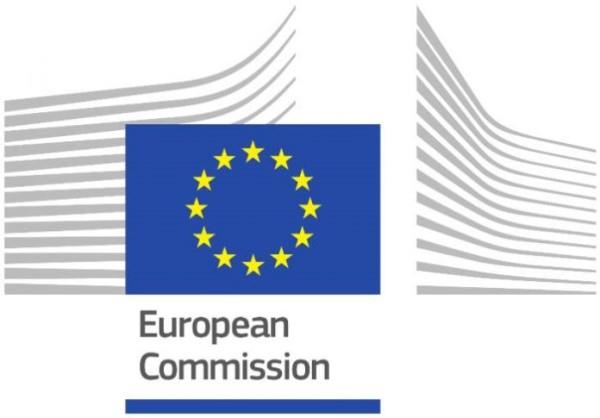
EU blacklists Panama, The Bahamas, Puerto Rico, Trinidad and Tobago, USVI
Caribbean News Now associate editor
BRUSSELS, Belgium — Afghanistan, American Samoa, the Bahamas, Botswana, North Korea, Ethiopia, Ghana, Guam, Iran, Iraq, Libya, Nigeria, Pakistan, Panama, Puerto Rico, Samoa, Saudi Arabia, Sri Lanka, Syria, Trinidad and Tobago, Tunisia, US Virgin Islands and Yemen have all been blacklisted in a report published by the European Union (EU) Commission last week.
Individual EU governments and parliamentarians still have to sign off on the new list, but if accepted, it would prove painful for EU banks that handle payments connected to the blacklisted countries and territories. Those lenders would have to conduct 'enhanced due diligence' on any cash that moves to and from the EU and the blacklisted jurisdictions.
The EU report states that the list has been established on the basis of an analysis of 54 priority jurisdictions the EU had constant investigations on over the course of the last few years, which was prepared by the Commission in consultation with the member states and made public on 13 November 2018. The countries assessed meet at least one of the following criteria:
• They have systemic impact on the integrity of the EU financial system;
• They are reviewed by the International Monetary Fund as international offshore financial centres; and
• They have economic relevance and strong economic ties with the EU.
The report also states that the Commission is mandated to carry out autonomous assessments and identify the high-risk third countries under their Fourth and Fifth Anti-Money Laundering Directives of 2015 and 2018 respectively. Of this list of 54 jurisdictions that were under surveillance, the final list of 23 was created in conjunction with consultations with the Financial Action Task Force (FATF).
The EU claims that the adoption of the Fourth – in force since June 2015 — and the Fifth Anti-Money Laundering Directives – in force since 9 July 2018 — has considerably strengthened the EU regulatory framework.
The crusade against money laundering, terrorist financing and dirty money is said to be one of the primary policy directives of the EU Commission led by Jean-Paul Juncker, which has vowed to tackle the scourge of the EU in what the Commission classifies as countries with 'strategic deficiencies in their anti-money laundering and counter-terrorist financing frameworks.'
The United States have already responded to the EU's new money laundering list through a US Treasury Department statement and on behalf of their protectorates in the USVI, Puerto Rico, American Samoa and Guam by dismissing the EU initiative, saying that it "does not expect US financial institutions to take the European Commission's list into account."
The EU tax-haven and money laundering list has been a bone of contention even within the EU circles as in March of 2018 in the EU parliament, parliamentarians questioned the removal several countries from the list in January of that year.
Out of a list of 17 countries that was published in December 2017 the EU removed eight countries – Barbados, Grenada, Macao, Mongolia, Panama, South Korea, Tunisia and the United Arab Emirates – onto a 'grey list' after receiving commitments from them to reform their tax policies.
In that parliamentary session in March, 2018 it was said that St Kitts and Nevis, The Bahamas and US Virgin Islands were set to be blacklisted within the oncoming months and that St Lucia, the Marshall Islands and Bahrain were set to be taken off of the list.
It is uncertain if the countries put on the list for 2019 will work unilaterally with the EU on these tax compliance initiatives or form a bloc to confront the EU on their tax-haven and money laundering methodology.

Legal Disclaimer:
MENAFN provides the
information “as is” without warranty of any kind. We do not accept
any responsibility or liability for the accuracy, content, images,
videos, licenses, completeness, legality, or reliability of the information
contained in this article. If you have any complaints or copyright
issues related to this article, kindly contact the provider above.

















Comments
No comment